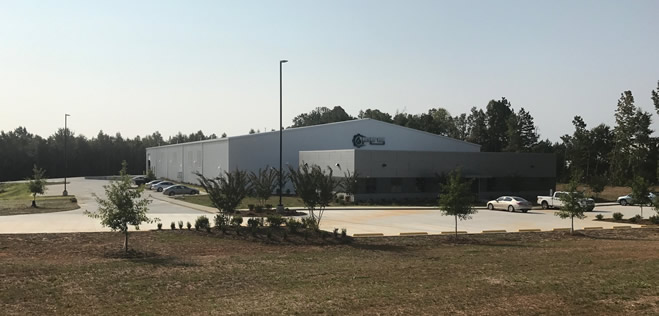Products / Hydrocarbon Bulk Storage Systems: A Deep Dive
Hydrocarbon bulk storage systems are critical infrastructure for modern society, enabling the efficient storage and distribution of essential fuels like gasoline, diesel, and jet fuel. These systems play a vital role in various industries, including transportation, energy, and manufacturing.
Understanding Hydrocarbon Bulk Storage Systems
A hydrocarbon bulk storage system typically consists of several key components:
- Storage Tanks: These are large, specialized tanks designed to hold substantial quantities of liquid hydrocarbons. They are often made of steel or concrete and are equipped with safety features like pressure relief valves, flame arresters, and leak detection systems.
- Piping Systems: A network of pipes connects the storage tanks to various points within the facility, including loading and unloading areas, process units, and other storage tanks.
- Pumps: Pumps are used to transfer hydrocarbons between tanks and to external facilities. They are essential for maintaining the flow of liquid within the system.
- Control Systems: Advanced control systems monitor and regulate various aspects of the storage system, including tank levels, flow rates, and temperature. These systems ensure safe and efficient operations.
Challenges and Solutions
Hydrocarbon bulk storage systems face several challenges, including:
- Corrosion: Exposure to harsh chemicals and environmental factors can lead to corrosion of storage tanks and pipelines.
- Fire Hazards: The flammable nature of hydrocarbons poses a significant fire risk.
- Environmental Impact: Leaks and spills can have a detrimental impact on the environment.
To address these challenges, various solutions have been implemented:
- Corrosion Prevention: Protective coatings and cathodic protection systems are used to mitigate corrosion.
- Fire Prevention: Fire suppression systems, such as water sprinklers and foam systems, are installed to contain and extinguish fires.
- Environmental Protection: Leak detection systems, containment dikes, and emergency response plans are essential for minimizing environmental damage.
The Future of Hydrocarbon Bulk Storage
As technology continues to advance, hydrocarbon bulk storage systems are becoming increasingly sophisticated. Some emerging trends include:
- Digitalization: The integration of digital technologies, such as IoT and AI, is improving the efficiency and safety of storage operations.
- Sustainability: Efforts are being made to reduce the environmental impact of storage facilities, including the use of renewable energy sources and carbon capture technologies.
- Safety Innovations: Advanced safety systems, such as automated leak detection and remote monitoring, are being implemented to enhance safety.
Hydrocarbon bulk storage systems are indispensable for modern society. By understanding the challenges and adopting innovative solutions, we can ensure the safe, efficient, and sustainable operation of these critical facilities.












